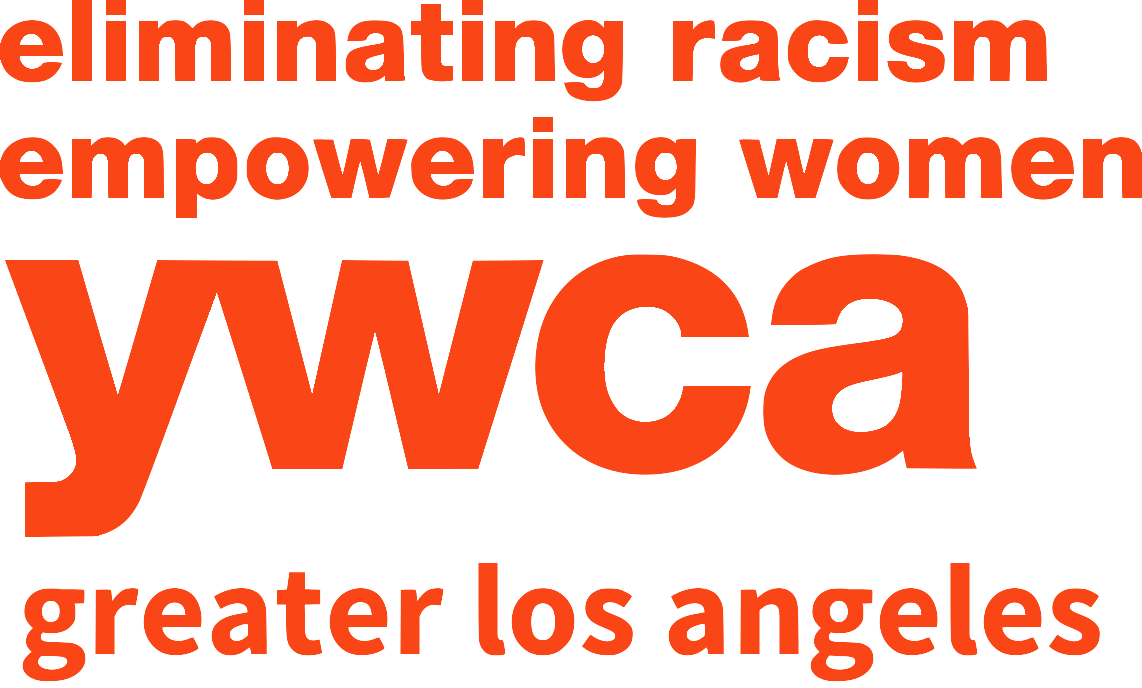Understanding Senior Food Insecurity: The Hidden Crisis Among Older Adults
Defining Food Insecurity
What is Food Insecurity?
Food insecurity is defined as a household-level economic and social condition of limited or uncertain access to adequate food.
Very low food security is a condition where older adults face a real risk of experiencing serious discomfort, pain, weakness, or illness due to being involuntarily without food for an extended period.
Food insecurity affects an individual’s ability to lead a healthy and active life.
The Scope of the Problem
Food Insecurity Rates
In 2020, 5.2 million older Americans (6.8%) experienced food insecurity. Feeding America conducted research to identify the prevalence of food insecurity among seniors, using data from the Current Population Survey to reveal that in 2021, 5.5 million seniors (7.1% or 1 in 14) were food insecure, and 3.8 million adults aged 50-59 (9.4% or 1 in 11) were food insecure.
Food insecurity rates are significantly higher for adults with incomes less than two times the poverty line.
Who is Affected by Food Insecurity?
Characteristics of Food Insecure Older Adults
Food insecurity disproportionately affects older adults who are racial and ethnic minorities.
White older adults are less than half as likely as Black older adults to experience food access issues.
Many seniors in minority communities live in food deserts, where they don’t have convenient access to full-service grocery stores.
A systematic review and meta-analysis published in the journal 'Public Health Nutrition' highlights the relationship between food insecurity and mental health, emphasizing the significant impact from a public health perspective.
Causes of Food Insecurity Among Older Adults
Physical and Social Barriers
Poverty, often resulting from living on a low fixed income, is a common factor in the limited or uncertain access to enough food to lead a healthy and active life.
Factors like income loss, fear of leaving the house, and lack of help with grocery shopping and transportation contribute to seniors being food insecure.
Physical changes associated with aging, such as decreased mobility and chronic conditions, can also contribute to food insecurity.
Consequences of Food Insecurity
Malnutrition and Health Consequences
Seniors have unique nutrition needs, and not having enough wholesome food to eat can create harmful health effects. Older adults with very low food security often face serious health consequences such as malnutrition, anemia, and depression due to being involuntarily without food for an extended period.
Food insecurity has been linked with poor health outcomes, including malnutrition, anemia, and depression.
Addressing Food Insecurity Among Food Insecure Older Adults
Food Assistance Programs
The Supplemental Nutrition Assistance Program (SNAP) is a need-based, government anti-hunger program that helps eligible older adults buy the healthy food they need to stay nourished, healthy, and active.
Other food assistance programs for older adults include the Senior Food Box Program, The Senior Farmers’ Market Nutrition Program, and The Emergency Food Assistance Program.
Community-Based Solutions
Initiatives to Address Food Insecurity
Feeding America’s research on food insecurity among seniors aims to identify the prevalence of senior hunger and understand seniors’ unique needs, characteristics, and risk factors.
The State of Senior Hunger in America report series documents the prevalence of food insecurity among seniors age 60 and older, as well as adults aged 50-59, at the national, state, and metro area levels.
The Economic Research Service provides essential data and research to support initiatives addressing food insecurity.
Addressing Senior Food Insecurity Through the YWCA Greater Los Angeles Senior Enrichment Program
The YWCA Greater Los Angeles Senior Enrichment Program is a pivotal initiative addressing the growing concern of food insecurity among older adults in Los Angeles County. With a significant percentage of the senior population facing challenges in accessing nutritious meals, this program is a beacon of hope and support.
Combatting Food Insecurity with Nutritious Meals and Education
Food insecurity remains a severe issue among older adults, with many lacking consistent access to nutrient-dense foods necessary for a healthy life. The YWCA Greater Los Angeles Senior Enrichment Program directly tackles this by offering a daily lunch service at select centers. These meals are not only warm and nutritious but are also served in a communal setting that fosters social interactions, which are vital for mental health and well-being. This aspect of the program helps mitigate the risk factors associated with food insecurity, such as depression and chronic diseases, by ensuring seniors have access to enough food that is both healthy and conducive to an active life.
Enhancing Senior Health Through Targeted Nutrition Education
Recognizing the complex relationship between food intake and health outcomes, YWCA Greater Los Angeles has integrated regular nutrition education into its program. Health educators conduct workshops that empower seniors with knowledge on preparing healthy meals and making informed food choices. This educational component is crucial as it addresses the chronic disease burden prevalent among food-insecure seniors by promoting better health practices and dietary habits.
A Holistic Approach to Senior Well-being
The program’s comprehensive approach extends beyond just food assistance. It includes a variety of physical activities, fitness classes, nutritional seminars, and educational workshops that cover essential topics from technology to health and wellness. Such activities not only improve physical health but also mental acuity and social well-being, creating a well-rounded approach to tackling the adversities of aging.
Community Building and Social Engagement
At the heart of the Senior Enrichment Program is its commitment to reducing isolation among older adults. By providing a space where seniors can engage in various recreational and social activities, the program fosters a sense of community and belonging. This social engagement is critical, as isolation can be as damaging as physical ailments in the lives of seniors.
In summary, the YWCA Senior Enrichment Program plays an essential role in addressing food insecure seniors and senior hunger in Los Angeles County. By providing meals, education, and community engagement, the program not only feeds the body but also nourishes the spirit of its participants, making it a vital resource in promoting a healthiness and an active life among older adults. Through these efforts, the program helps mitigate the various risk factors associated with aging, from nutrition-related health issues to mental health challenges, ensuring that seniors not only live but thrive.
Conclusion
The Importance of Addressing Food Insecurity
Food insecurity is a critical health issue for older adults, with one in five seniors experiencing limited or uncertain access to enough food to lead a healthy and active life.
Addressing food insecurity is crucial for promoting healthy eating behaviors and preventing malnutrition among older adults.
Food security is critical for the health and well-being of older adults, with food insecurity linked to negative health outcomes.

